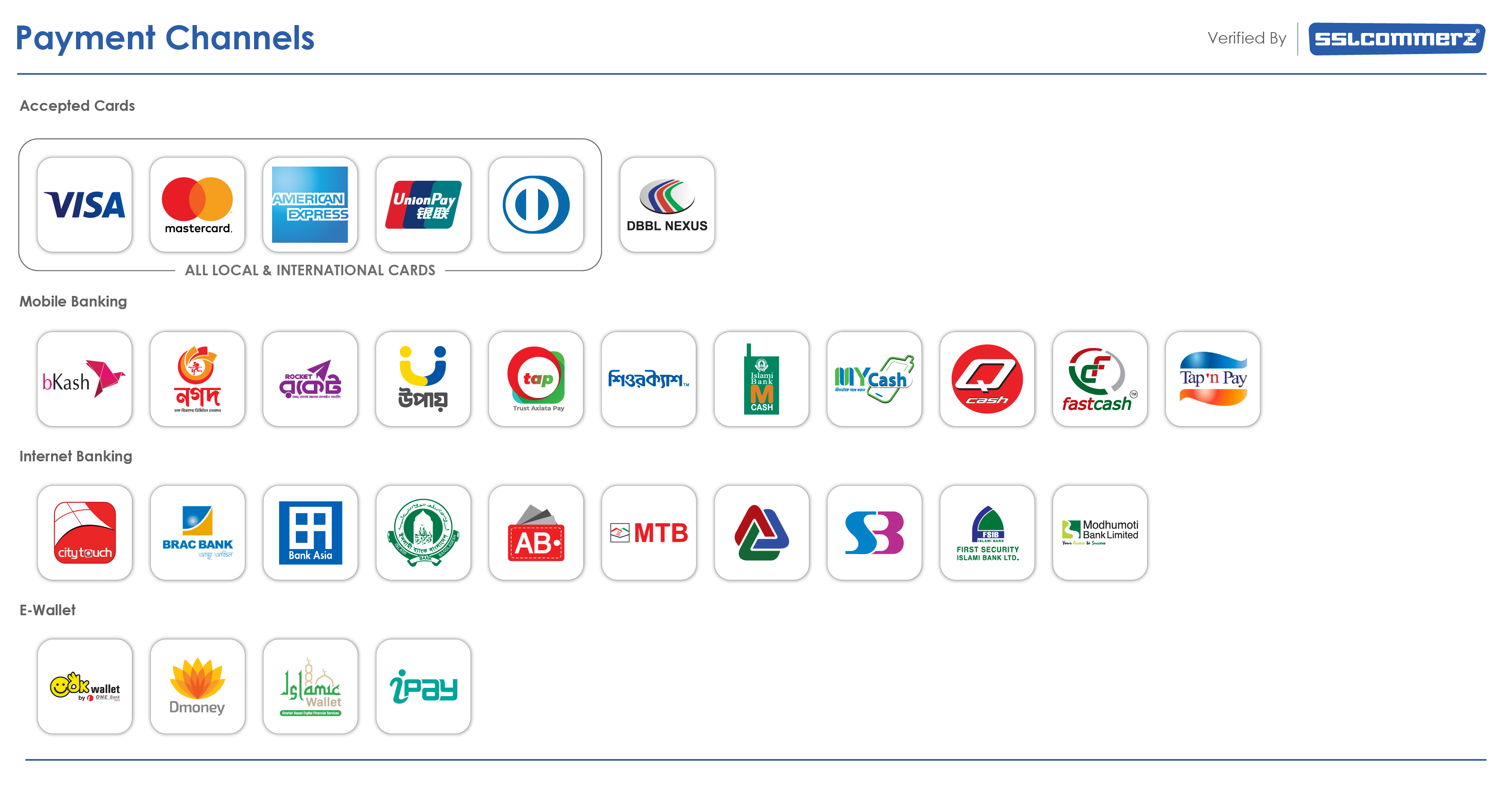These varied income streams enable holding companies to maintain financial robustness and facilitate strategic investments. To comply with legal requirements, a holding company is obligated to appoint company directors to handle decision-making. Directors can be appointed by existing directors or by a shareholders’ resolution, and their appointment must be reported within 14 days. Therefore, it’s crucial for holding companies to employ meticulous record-keeping and robust risk management strategies.
The relationship between the mother company and that of the corporations they control is called a parent-subsidiary relationship. In such a case, the mother company is known as the parent company while the organization being acquired is called a subsidiary. If the parent company controls all the voting stock of the other firm, that organization is called a wholly-owned subsidiary of the parent company. Holdcos can be used for a variety of things, but they are more common in the real estate industry.
They can elect and remove corporate directors or LLC managers and can make major policy decisions like deciding to merge or dissolve. The people running the holding company do not participate in the operating companies’ day-to-day decision making. A holding company has strategic oversight over the other operating companies in the corporate structure, while each operating company in the corporate group conducts business autonomously.
Tax efficiency for holding companies
An intermediate holding firm might be exempted from publishing financial records as a holding company of the smaller group. A mixed holding company not only controls another firm but also engages in its own operations. When multiple subsidiaries fall under one parent company, there’s potential for bulk purchasing, shared services, or centralized duties and responsibilities of real estate broker functions like HR, IT, or marketing. This consolidation can lead to significant cost savings, optimizing resources and boosting profitability. Choosing a unique name and registering it with Companies House is the initial step in setting up a holding company in the UK.
Discover the Trustworthy LegalMatch Advantage
Holding companies in the UK focus on managing assets, investments, and strategic direction. A holding company can own more than 50% of another company’s shares, gaining what is known as the controlling interest. As a result, the holding company controls the majority of voting rights and often has the power to appoint or remove a majority of the board. A holding company is a parent corporation or limited liability company (LLC) that owns majority shares or full ownership of other public or private businesses. It has no operational control over the businesses, only the authority to change managerial roles.
These examples illustrate how holding companies function in real-world scenarios and demonstrate strategic decisions and diverse applications across different markets. Having a company account can provide necessary financial insights, inform your corporation tax liability, streamline the payment process of any tax charges, and keep your company funds in one place. Thus, the holding company structure provides a robust platform for strategic business expansion and market diversification.
Beyond real estate, other companies in the U.S. use holdcos for one reason or another. Banks, for example, use holdcos, such as JPMorgan Chase (JPM) and Citigroup (C), both of which are holdcos. Examining some real-world examples can help one understand the concept of a holding company more comprehensively. Get instant access to lessons taught by experienced private equity pros and bulge bracket investment bankers including financial statement modeling, DCF, M&A, LBO, Comps and Excel Modeling.
- Whether it’s human resources, technology, or infrastructure, holding companies can optimize usage across subsidiaries, leading to economies of scale and operational efficiencies.
- A mixed holding company is frequently seen in the real estate industry, and it may be used to lease out investment property to subsidiaries.
- One of the main benefits offered by a holding company is an asset safety net provided to subsidiaries.
How should the entities be taxed for federal income tax purposes?
A holding company operates as a parent company and orchestrates subsidiary company operations without getting entangled in daily management. It oversees business organisation and investment strategies and also streamlines control and risk mitigation, often leading to tax optimisation for the parent company. In other words, the shareholders of an S Corporation cannot be a partnership or a corporation unless the operating S Corporations qualify for QSub (qualified subchapter S subsidiary) election. QSub election basically allows QSubs to be treated as disregarded entities for federal income tax purposes and be collapsed into a holding company that’s a partnership or a corporation. Entrepreneurs typically form a holding company to limit liability risks when owning multiple businesses. Each subsidiary is protected from the legal claims against and debts of the other subsidiaries.
Subsidiaries each have their own management for running the day-to-day business, while the holding company’s management owns its assets and oversees the subsidiaries’ bigger-picture policies and decisions. Generally, one subsidiary’s activities do not affect a holding company’s other subsidiaries’ activities. Why form a holding company, what’s the connection between a holding company and its subsidiaries, and what entity type is best for a holding company? I also encourage business owners to seek legal and tax guidance from an attorney and accounting professional to help them make informed decisions about structuring multiple businesses.
Therefore, it offers the advantage of personal liability protection as all actions of the corporation are tied to the corporation, not its owners. For entrepreneurs who envision growing the business, the C Corp structure allows for raising capital by issuing or selling stock. Also, a C Corp 417 usd to try exchange rate today has perpetual existence under state law, so an incorporated parent company can survive indefinitely (until it’s formally dissolved). Likewise, a holding company cannot be held liable for its subsidiaries’ legal or financial problems, provided it has not actively participated in the operations of those subsidiaries or guaranteed debts of the subsidiary.
Which of these is most important for your financial advisor to have?
Amy Fontinelle has more than 15 years of experience covering personal finance, corporate finance and investing. In the UK, there are minimal restrictions on who can become a director; individuals are not required to be residents or nationals, and corporate directors are allowed under certain conditions. Detailed company accounting records should be updated and maintained to distinguish the separate entity’s cash flows.
If this happens, the holding company may experience a capital loss, but it is not legally liable for the debt of one of their subsidiaries, meaning that creditors cannot collect directly from the parent company. If changing ownership of an LLC from individuals to a holding company, the procedures described in the LLC’s operating agreement should be followed to make that change. Usually, that entails creating a buyout or liquidation of the operating LLC to change ownership from the individual(s) to the holding is multibank exchange group a scam company. By default, an LLC is taxed as a disregarded entity, and all profits and losses flow through to the business owners. However, if it meets the IRS’s eligibility requirements, it may elect S Corporation or C Corporation tax treatment. Compliance requirements vary by state, but typically an LLC does not need to have an annual meeting or a board of directors unless its operating agreement states otherwise.
Allocating business assets to the holding company streamlines asset transactions among subsidiaries and also generates additional revenue for the holding company. Since a holding company owns assets, it can also be used to pursue acquisitions, adding new companies to the existing corporate group structure. Operating as a separate business entity, a holding company possesses controlling stock over its subsidiaries.

